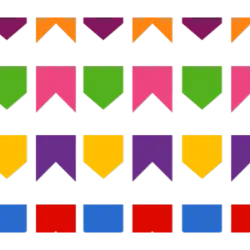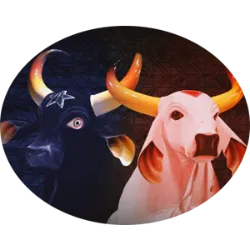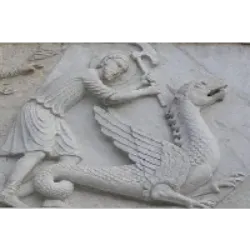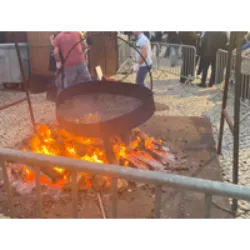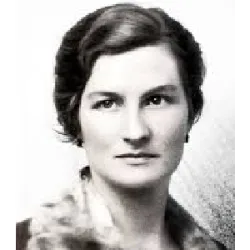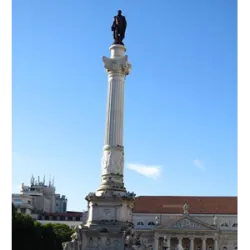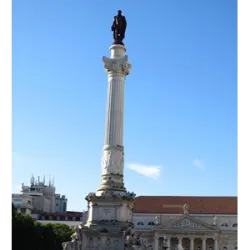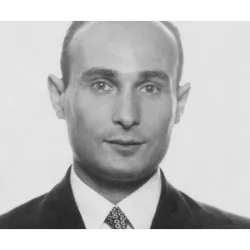Rural tradition
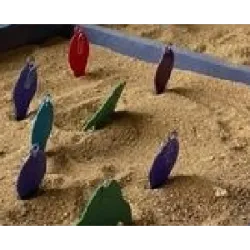
In Brazil, the June festivals are marked by the strong presence of rural culture. Celebrated mainly by farmers, known as caipiras or matutos, the festivities involve traditional costumes: men wear plaid shirts, patched pants and straw hats; women appear in flared dresses, painted freckles and hair in pigtails.
The most popular dance is the square dance, a legacy of 19th century Europe brought by the Portuguese, which simulates a country wedding centered around the fertility of the land. In the South, the cana-verde dance stands out, an improvised style linked to the fandango. Bumba meu boi performances are also common, mixing drama, humor and folklore.
The music that sets the tone for the festivals is forró, a traditional rhythm with accordion and triangle, whose lyrics deal with life in the countryside and longing. Modern versions include new instruments such as guitar and drums.
The festivities also include games aimed at children, such as fishing, saci races, three-foot races, ring toss and target shooting. Many of these celebrations take place in schools, also serving as fundraising events.
Did you know?
